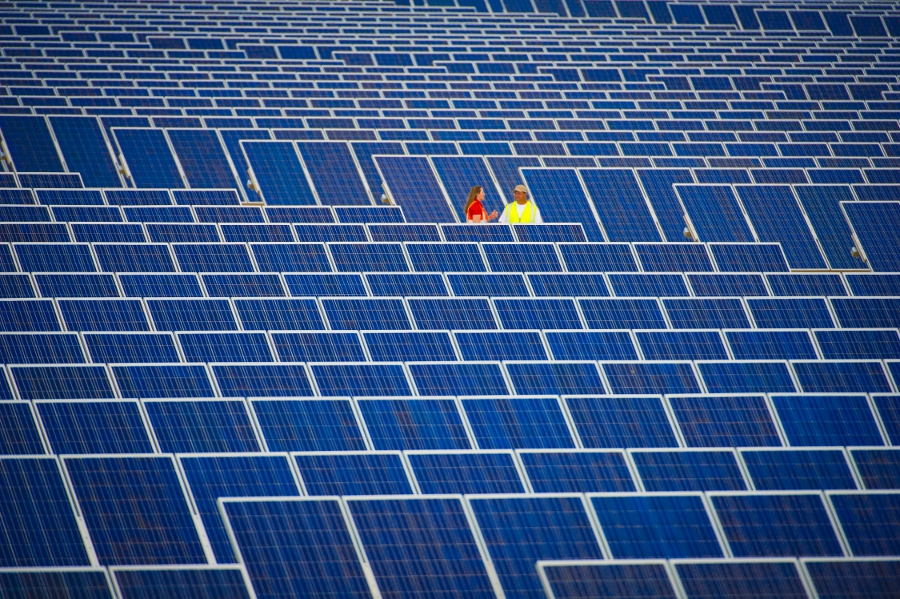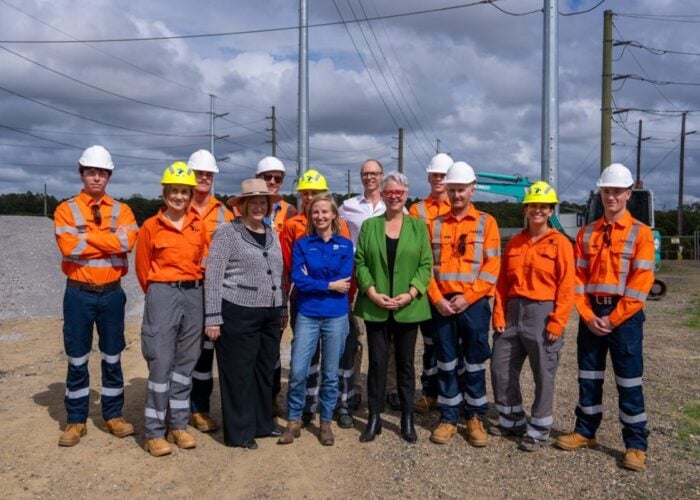
The Ministry of Power has issued new “Guidelines for tariff-based competitive bidding process” for solar power plants. The guidelines shall be applicable to all projects equal to or greater than 5MW for supplying power directly/indirectly to distribution comapnies (Discoms) subject to approval from the respective central or state regulator. For the first time in the sector, the government also proposes to issue standard bid documents including request for selection, PPA and other ancillary documents.
The proposed changes, while still not going far enough, are a major improvement on the current framework. Introduction of standard documentation, in particular, will be of major help to developers and investors. Significant changes are discussed below:
Try Premium for just $1
- Full premium access for the first month at only $1
- Converts to an annual rate after 30 days unless cancelled
- Cancel anytime during the trial period
Premium Benefits
- Expert industry analysis and interviews
- Digital access to PV Tech Power journal
- Exclusive event discounts
Or get the full Premium subscription right away
Or continue reading this article for free
Readiness of project site:
The guidelines specify strict timelines for completion of land acquisition, transmission connectivity and other approvals in a timebound manner to avoid project delays. If the power purchaser retains responsibility for these in the form of a solar park, then it must ensure that: i) at the time of bidding, 100% of land is identified and proof of in-principle availability of 25% of land is in place; and ii) within one month of PPA signing, 90% of land is acquired and balance 10% is acquired in the next two months. All statutory clearances and transmission connectivity feasibility should be available prior to PPA signing.
If there is no solar park available, the developer must: i) have identified 100% of land requirement at the time of bid submission and complete full land acquisition within 7 months from the date of PPA signing. It must also ensure that environment/forest clearances, approval for water and transmission technical feasibility are available.
Payment security mechanism:
In addition to a letter of credit for one-month billing, the power purchaser (Discom or an intermediary buyer such as NTPC/SECI) needs to establish a payment security fund equivalent to three-month billing amount. This is a major improvement over current practice and will help in reducing Discom payment risk perception.
Where Discoms are buying power through an intermediary entity such as NTPC/SECI, they are required to procure a state government guarantee in favour of NTPC/SECI if a tripartite agreement between the respective state government, Reserve Bank of India and the central government is not in place.
Compensation for offtake constraints:
The guidelines recognise that grid backdowns/curtailment are becoming a bigger problem for the sector and seek to provide compensation to developers for the same. In the event of generation loss due to evacuation infrastructure not being ready or being unavailable for more than 50 hours in a year, the developers are allowed to sell equivalent amount of extra power over subsequent three years. In the event of back-down requests from Discoms, 50% of revenue shortfall will be met by the Discom. However, there is no compensation for any backdowns due to grid instability or safety reasons.
These clauses are a positive step but they still do not provide sufficient protection to the developers from curtailment or back-down risks.
Termination compensation:
It is unbelievable that most solar PPAs in India today do not have any provision for termination compensation for a power purchase default. The new guidelines specify that the developer can terminate the PPA in case of a power purchaser default and seek compensation equivalent to total debt outstanding plus 150% of adjusted equity, or six months billing amount, whichever is lesser. The introduction of this clause will serve as a major deterrent against default and protect the developers from Discoms seeking to unilaterally cancel or re-negotiate PPAs.
Lender substitution rights:
The new standard PPA will allow substitution if the developer defaults on payments to its lender(s). Previously, substitution was permissible only if the developer had defaulted on its PPA obligations.
These changes have come after extensive consultations and aim to protect developer and investor-lender interests. As we saw with the recent Rewa tender, improved contractual documentation and risk allocation can provide more confidence to the sector and lead to a win-win arrangement for all parties.






